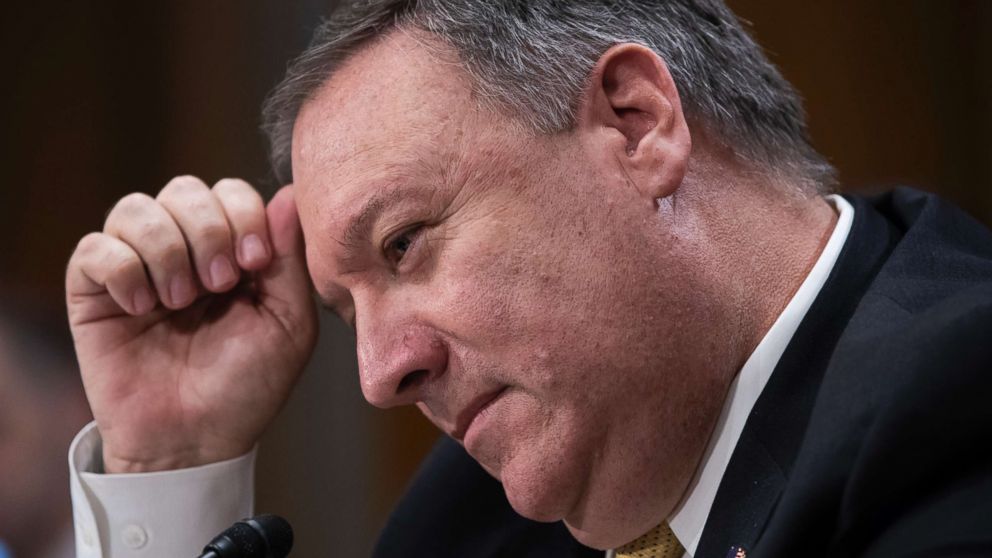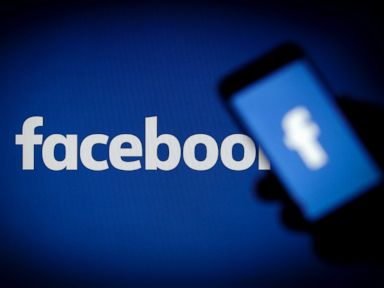


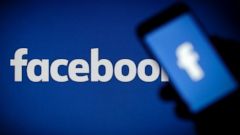
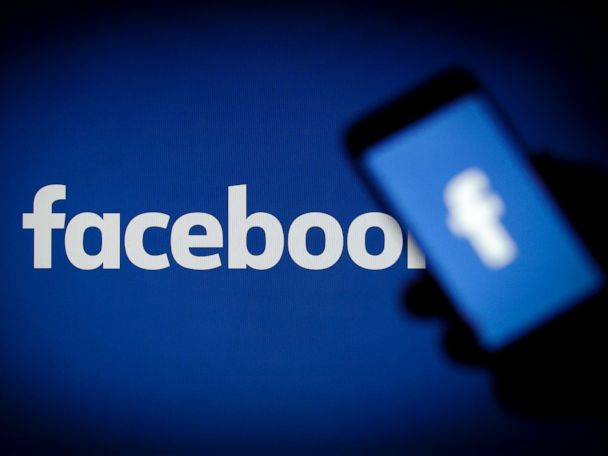
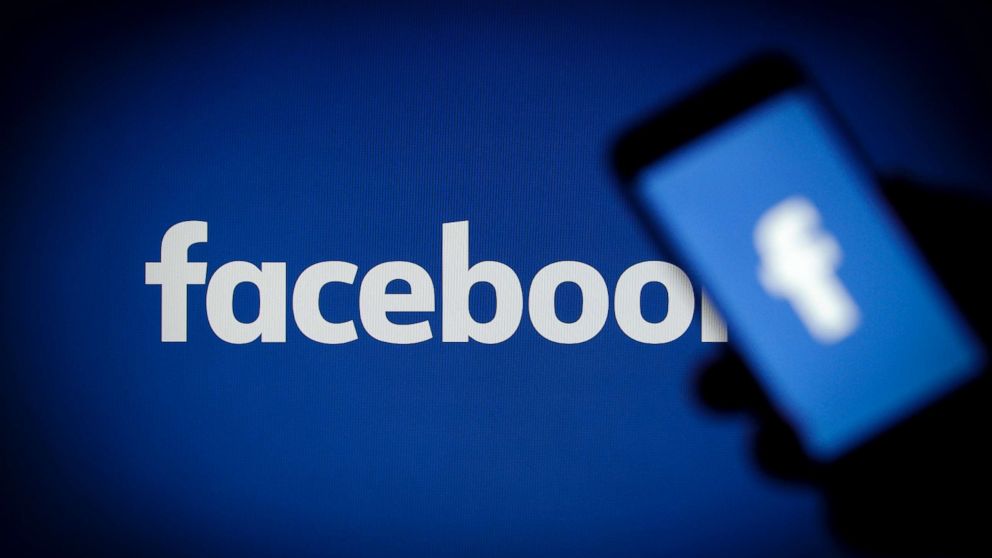

Facebook and Twitter will now only allow verified advertisers to post political ads, and users will be able to see who paid for and how much was spent on the ads.
The new rules are the latest efforts from the social media platforms to be more transparent ahead of the U.S. midterm elections after the FBI found that Russians used Facebook ads in their attempts to influence the 2016 presidential election.
Facebook’s new regulations went into effect Thursday and Twitter says they’ll start enforcing the new rules later this summer. Facebook’s restrictions cover all political ads as well as “issue ads,” which cover certain ads across a broad range of topics which initially include health, education, immigration, abortion and civil rights.
Advertisers placing a political ad or an “issue ad” on Facebook in the U.S. will have to verify their identity and location through a newly-created process. Ad buyers will have to provide a U.S. issued ID, a physical mailing address and list which candidate or organization they represent.
All the issue and political ads will have a clear label saying “Paid for by” and the name of the verified user. Clicking on the label will bring users to the full Facebook political ad archive which provides more information such as how much was spent on the ads and how many people they reached, broken down by demographics and location.
Anyone visiting the archive can see and search ads with political or issue content an advertiser has run in the U.S. for up to seven years.
For now, this archive can only be searched manually with keywords so people can’t search for ads being used in a particular area or targeting a particular group.
But Facebook has promised to make the technology, known as an “application programming interface” available to some as yet unnamed academic researchers which would allow them to access all the data and do their own automated searches. This will allow researchers to analyze the archive and determine which ads were targeted at specific demographics and locations.
So what qualifies as a political or issue ad?
Much of the ads used to influence the 2016 U.S. presidential election concentrated on issues rather than mentioning political candidates directly.
Facebook has worked with the Comparative Agendas Project, an international organization that investigates trends in policy-making, to build a list of 20 issues, including health, education, abortion and guns.
“We’re also working with third parties with respect to how we define the issues, that’s obviously going to be subject to ongoing feedback,” said Rob Leathern, Facebook director of product management, in a call with reporters on Thursday. “Some of these, as you can imagine will be difficult to nail down, there will be mistakes that we will make in this process, which is why we’re going to hold ourselves accountable”.
Not all the ads related to these issues will be defined as political and fall under the new regulations.
“For instance, on the topic of education — ads regarding points of view on student loan policies would require a label, but advertisements on a particular university for student enrollment would not,” said Katie Harbath, Facebook’s global politics and government outreach director.
Facebook says it will use a program to identify ads from non-verified users to detect whether or not they are political in nature.
They also promise to hire 3,000 to 4,000 new employees to help personally vet these ads.
Facebook users can also report any ad they deem to contain political content by clicking a link on the corner of the ad and these will be then be reviewed by a team. If the ad is deemed to be political or an issue ad, it will be taken down until the advertiser passes the verification process.
Twitter will require a similar verification process.
“In addition, we will not allow foreign nationals to target political ads to people who are identified as being in the U.S.,” Twitter said in a statement released Thursday. Twitter is defining political ads as “ads purchased by a political committee or candidate registered with the FEC; or ads advocating for or against a clearly identified candidate for Federal office.
These ads will be labeled as political and will clearly display who is paying for it.
Twitter says “issue ads” will fall under a separate upcoming policy.
Separately Twitter has announced new labels for candidates running in 2018 U.S. midterm general election. Each candidate seeking a Twitter account will have a special profile page contain relevant information about a political candidate, including the office the candidate is running for, the state the office is located in and district number when applicable.
Key to the success of these initiatives is the extent to which the platforms can detect and define issue ads.
Other third parties, like market research and data analytics firm YouGov, have been asked to help with the classification process but ultimately it is Facebook who will decide if an ad qualifies as political or not. Which is why many groups have called for outside regulation of political ads.
“I do worry about self-regulation, I worry about who has the teeth,” Claire Wardle, a research fellow at the Shorenstein Center at Harvard’s Kennedy School, who is leading a project fighting misinformation online, told ABC News. “I wish we could have an independent task force that could look to see if these transparency efforts are working in real time, otherwise I worry we could have another situation after the election where platforms are apologizing for what they missed.”
Facebook itself admits that it won’t catch all political ads and the midterm elections will be a good test to see how effective these new regulations really are.
“Companies are experimenting with these tools, the midterms is going to be a live experiment,” Aaron Rieke, managing director of Upturn, a nonprofit company calling for public scrutiny of social media ads. told ABC News. “This is incredibly difficult to get right. It’s going to be an uphill battle – I expect there to be imperfections.”

